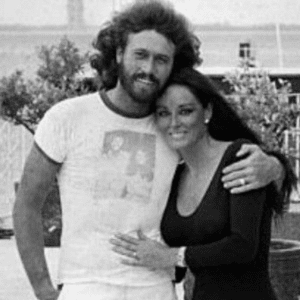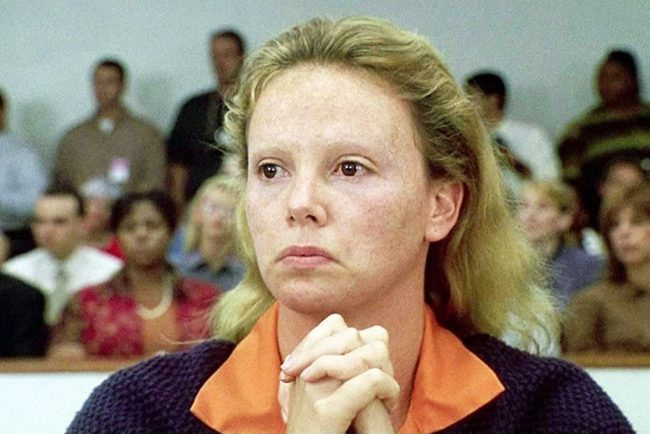
Charlize Theron’s portrayal of Aileen Wuornos in Monster (2003) was nothing short of revolutionary. Taking on the role of a real-life serial killer, Theron delivered a performance so raw and transformative that it permanently altered the perception of her acting capabilities. Her commitment to the character earned her an Academy Award for Best Actress and cemented her as one of the most versatile and fearless actors of her generation.
Before Monster, Charlize Theron was primarily recognized for her roles in romantic dramas and action films. Accepting the role of Aileen Wuornos marked a bold departure from her established image. For Theron, it wasn’t just about taking on a challenging role—it was about stepping outside her comfort zone to portray one of the most complex and misunderstood figures in modern criminal history.
This decision wasn’t without risks. Wuornos’ story was filled with tragedy, trauma, and violence, and Theron’s portrayal required her to explore the darkest aspects of human behavior. Her ability to do so with sensitivity and depth is a testament to her skill and courage as an actress.
To fully embody Wuornos, Theron underwent a dramatic physical transformation. She gained weight, altered her posture, and wore prosthetic teeth to replicate Wuornos’ appearance. The attention to detail didn’t stop at the physical level—Theron also spent hours studying Wuornos’ speech patterns, body language, and emotional responses.
This meticulous preparation allowed Theron to deliver a performance that was both haunting and heartbreakingly human. Her portrayal was so convincing that many viewers found themselves empathizing with Wuornos, despite the horrific nature of her crimes.
At the heart of Monster was the vision of director Patty Jenkins, who sought to tell Wuornos’ story with nuance and empathy. Jenkins aimed to explore the circumstances that led Wuornos to commit her crimes, rather than reducing her to a villainous caricature.
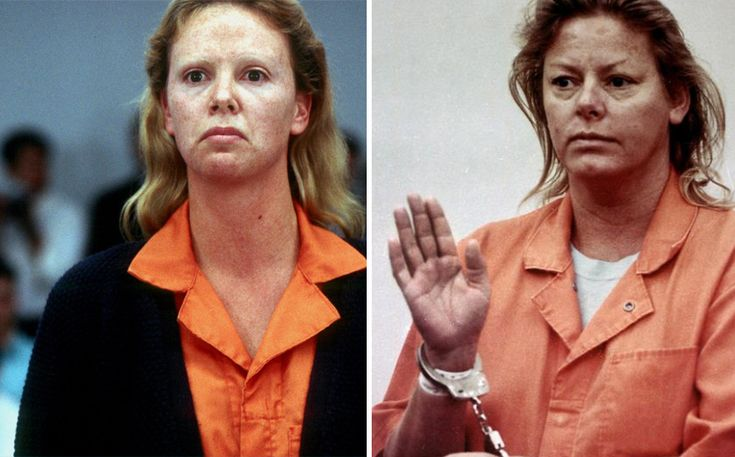
Charlize Theron’s collaboration with Jenkins was key to the film’s success. The two shared a deep commitment to portraying Wuornos’ life authentically, from her traumatic upbringing to her tumultuous relationship with Selby Wall, played by Christina Ricci. This partnership resulted in a film that was as thought-provoking as it was emotionally devastating.
Monster was met with widespread critical acclaim upon its release. Theron’s performance was universally praised, with many critics describing it as one of the greatest acting transformations in cinematic history. She went on to win numerous awards, including an Academy Award, a Golden Globe, and a Screen Actors Guild Award.
The film also sparked important conversations about mental health, trauma, and the societal factors that contribute to crime. By humanizing Wuornos, Monster challenged audiences to consider the complexity of morality and the impact of systemic failures on vulnerable individuals.
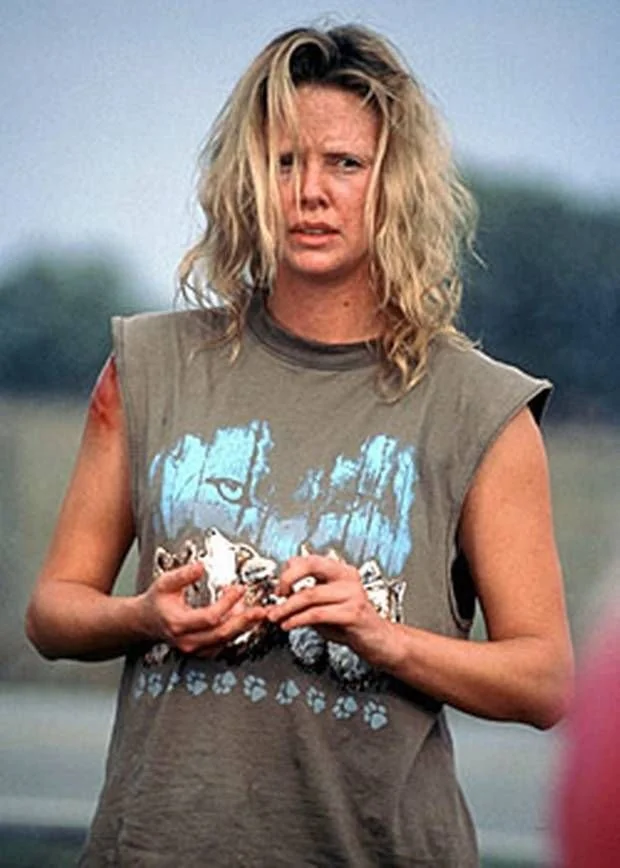
Taking on such a demanding role was not without its challenges. Theron has spoken openly about the emotional toll of portraying Wuornos, describing the experience as both exhausting and cathartic. Balancing the character’s vulnerability with her violent tendencies required a delicate touch, and Theron approached the task with unwavering dedication.
The physical transformation was equally grueling. From gaining weight to enduring hours of makeup and prosthetics, Theron pushed herself to the limits to ensure her portrayal was as authentic as possible.
Charlize Theron’s performance in Monster remains a benchmark for transformative acting. The role not only redefined her career but also set a new standard for biographical storytelling in cinema. The film continues to be studied and celebrated for its unflinching honesty and emotional depth.
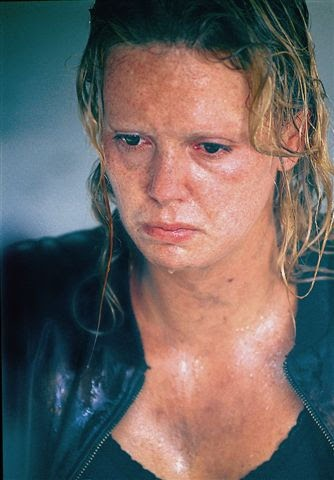
Theron’s willingness to embrace the complexity of Aileen Wuornos’ character has inspired countless actors to take on similarly challenging roles. Her work in Monster is a reminder of the power of cinema to provoke thought, evoke empathy, and spark meaningful dialogue.
Charlize Theron’s portrayal of Aileen Wuornos in Monster is a testament to her extraordinary talent and dedication. By fully immersing herself in the role, she delivered a performance that was as heartbreaking as it was unforgettable.
The impact of Monster extends far beyond the awards and accolades it received. It remains a powerful exploration of humanity’s darkest corners and a shining example of the transformative power of storytelling. Theron’s work in this film will undoubtedly continue to inspire and resonate for generations to come.

